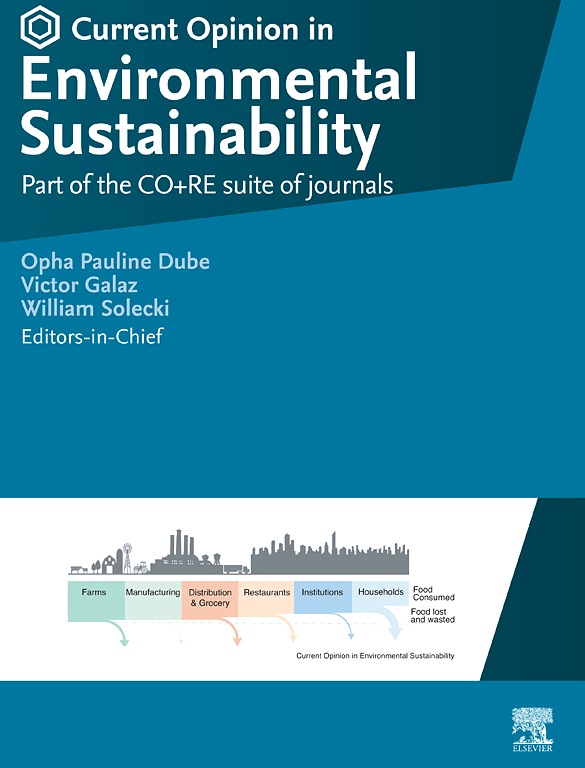The new European Union regulation for deforestation-free trade (EUDR) leads to collateral damage for a subset of producer countries, for small-scale producers within all countries, and especially for those with forest-like agroforestry production systems. Focus on an (over)simplified deforestation concept helped in getting agreement on goals, but means of implementation affect the full complexity of real landscapes. An umbrella concept such as ‘forest’ allows different stakeholders to interpret the term as they like. The intricacies of forest definitions in a natural–managed–transformed–reconstructed tree cover continuum need to be recognized when the term forest is used legally. By misclassifying agroforestry systems as forest, the EUDR maps cause collateral (unintended) damage to an otherwise desirable land use and a vulnerable stakeholder group. When real-world responses and possible collateral damage become clear, policy adjustments will need to go back the drawing board once the stages of denial, conspiracy interpretations and blame games are passed.
DOI:
https://doi.org/10.1016/j.cosust.2024.101505
Dimensões Contagem de citações:



















